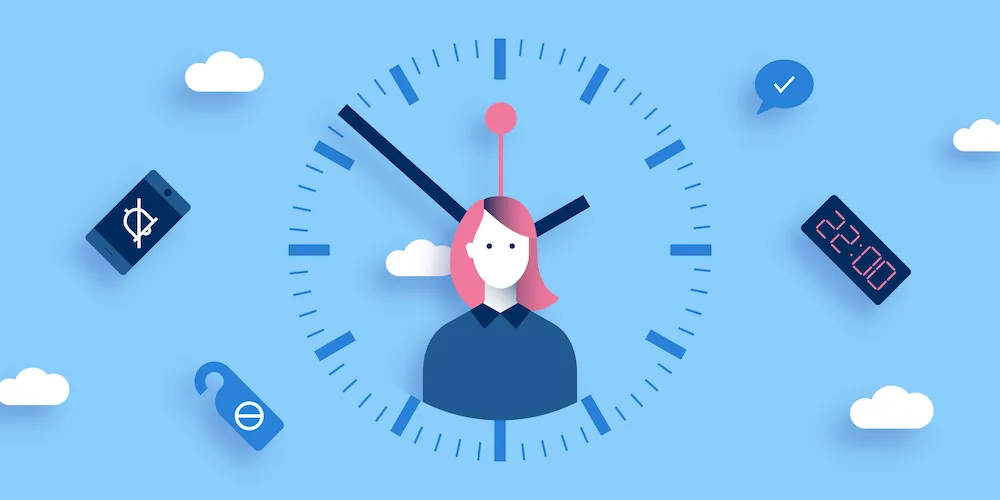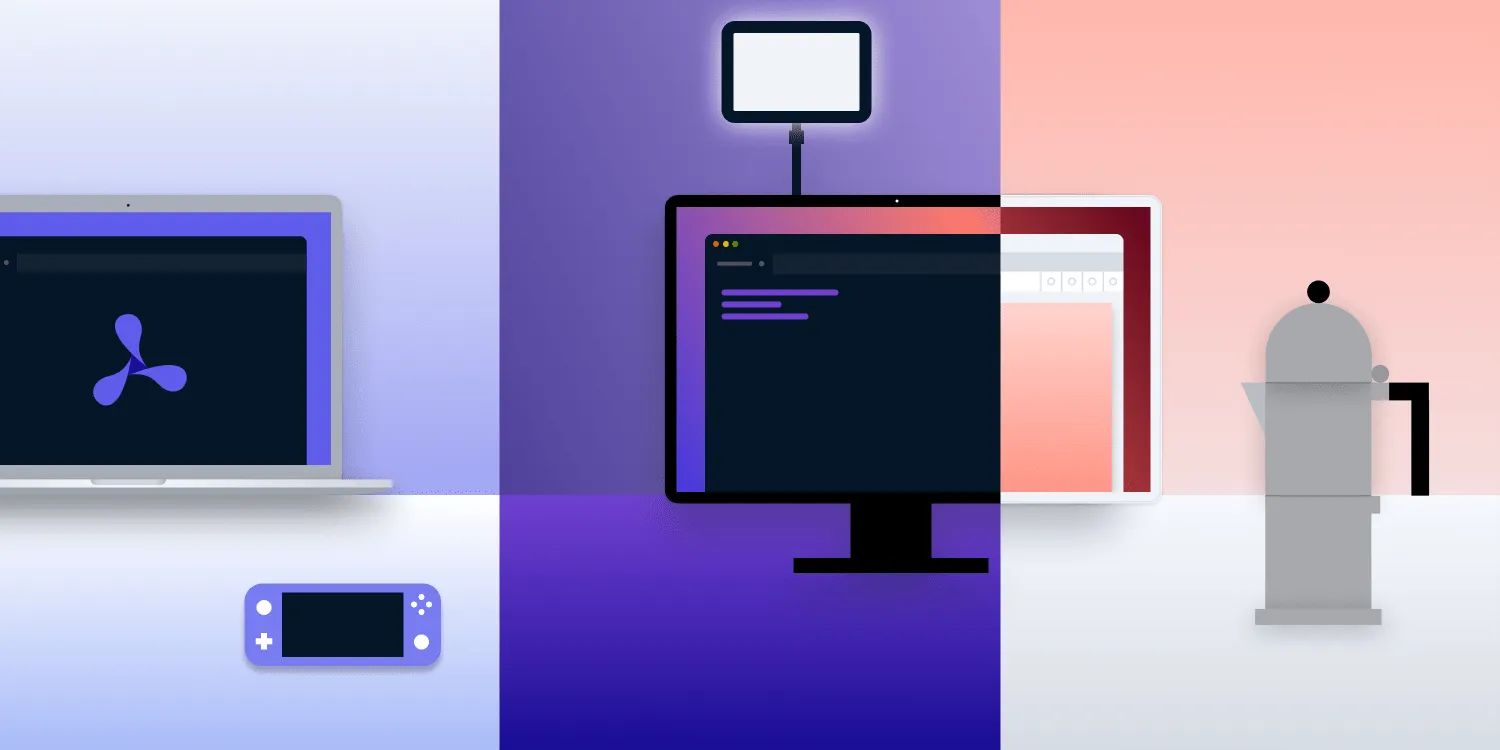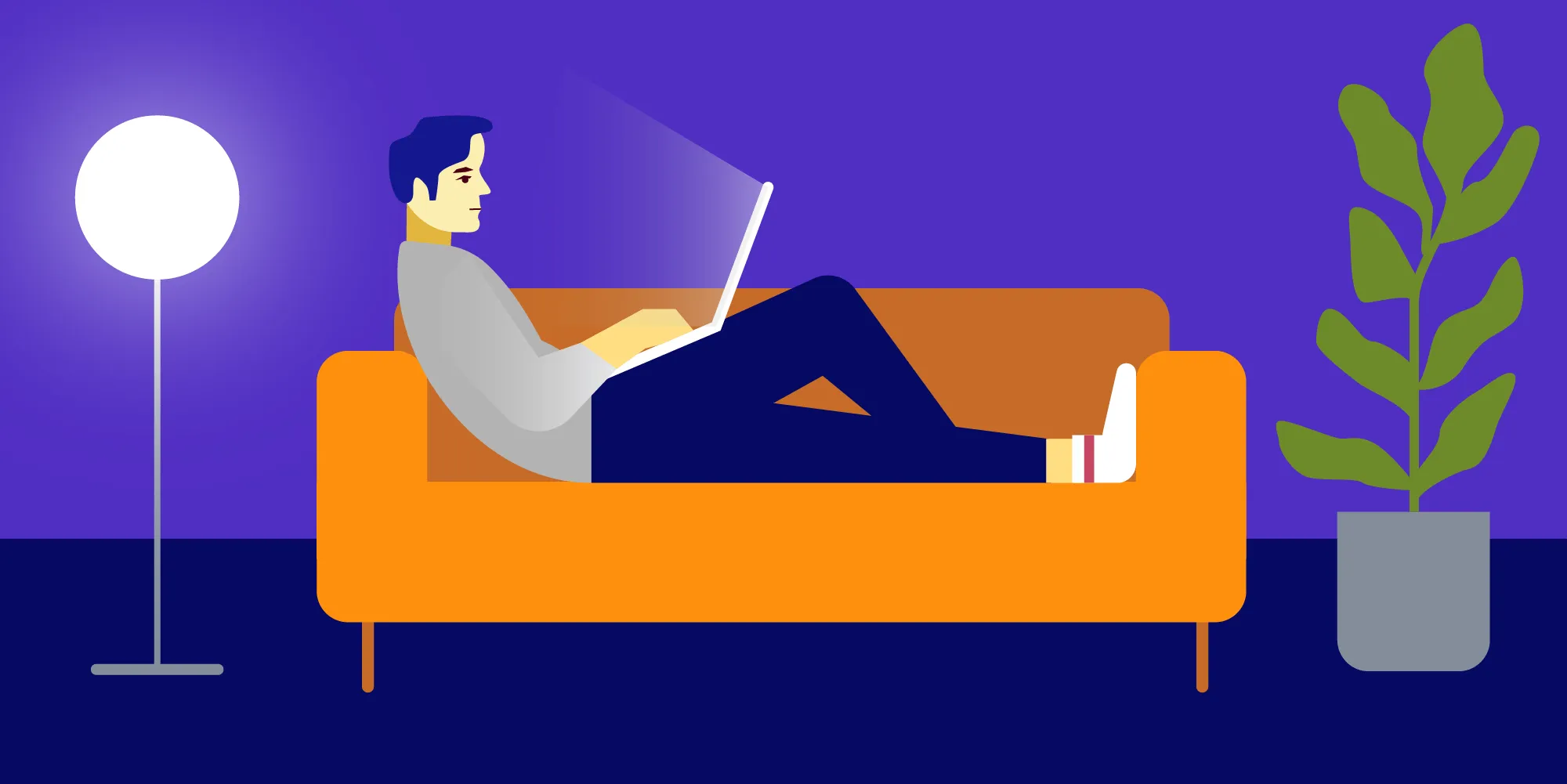Mindfulness in modern work

We’ve been taught to believe that humans should work from 9am to 5pm, five days a week, which is a concept that came about around the time of the Industrial Revolution(opens in a new tab). But today we have completely different work requirements to satisfy; many jobs require no manual labor at all and instead focus on thinking and creating, which is where problems arise. Can a human really sit and think for eight hours of the day? Maybe. Can a human really think for eight hours straight in modern society? Less likely.
In this blog series, we’re going to explore how to structure our time to ensure we can maximize our full potential, not only during our work day, but also during our free time and even our sleep. These are all important to ensure that our brains can operate at full capacity when we want them to.
Where Did the Eight-Hour Work Day Come From?
The eight-hour work day was conceptualized by a man named Robert Owen(opens in a new tab), a social activist during the Industrial Revolution. He believed that working more than eight hours and not balancing your life would result in long-term negative effects. One of his famous quotes, “Eight hours labour, eight hours recreation, eight hours rest,” demonstrates how he focused not only on the working aspect of the day, but also on ensuring that humans have adequate social and personal time, along with optimum rest. Owen’s concept has been worked into many laws around the world and is now common practice. We should all thank him for his insight into providing a better work-life balance for a large majority of the world.
Times Have Changed
That said, when the eight-hour work day concept came about, the work being performed was very different than today. It mainly consisted of manual labor, in which physical fatigue proved to be the limiting factor. Fast forward to today, and much about the workspace has changed. In conservative estimates, 40 percent of the workforce in the US works out of an office(opens in a new tab). What this means for these people tied to their desks is that they often have no meaningful physical activity for an average of around eight hours a day. Instead, they are using their brains for that time, which is mentally draining and can be as demanding as physical labor, albeit in different ways.
Distractions are everywhere today. Many of us carry them around in our pockets(opens in a new tab), but often we live in hectic cities and/or we have people to look after, and all these preoccupations and responsibilities take up our precious brain power, diluting it down to a point where it becomes difficult to complete tasks at work.
It has been shown that we have a finite amount of willpower(opens in a new tab). Once it is reached, it becomes difficult to concentrate on important tasks, such as those we have to do at our jobs. Every time we are distracted for any reason, it takes a certain amount of self-control to return our focus back to the task at hand, and when these interruptions accumulate over the course of a day, the end result is less than ideal.
Some would say the solution is to be more disciplined in work. This is effective to some extent, but there are other things to take account of in our working day — things that will be discussed in Eight Hours: Work. However, the time spent at work is not the only factor in this equation. The activities and actions we perform outside our work have an impact on our ability to focus, and these points will be discussed in Eight Hours: Recreation and Eight Hours: Sleep.
How Can We Perform?
We now have to look at our entire lives and question all our decisions to understand if we are suffering from mental fatigue. If you are constantly struggling with a lack of focus, or picking up your phone every 10 minutes, or even checking Twitter or Slack every few minutes for some new information, then you are certainly on the track to willpower fatigue and your work and life are likely at risk of suffering.
I propose we use our days differently. We should not be expected to sit and think for eight hours straight, especially when half of that time is full of distractions. We should aim to introduce meaningful, distraction-free hours into our days — hours in which we produce our best work — and fill the rest of our time scheduling and planning the days ahead to further improve our efficiency. We should not be limited by some arbitrary time block to produce results; we should have flexible working hours that adapt to when we are most efficient. Along with this, we should schedule open time in which we can let our brains relax, and then allow this to flow directly in to good sleep.
Conclusion
Over the course of three blog posts, I will be exploring Owens’ concept of “eight hours of labour,” “eight hours of recreation,” and “eight hours of sleep” to see how we can improve in each area and live more productive and meaningful lives. Be sure to come back to the blog over the coming weeks to check out these posts.
Interested in how other parts of your life can affect your work? Check out the rest of the series.







